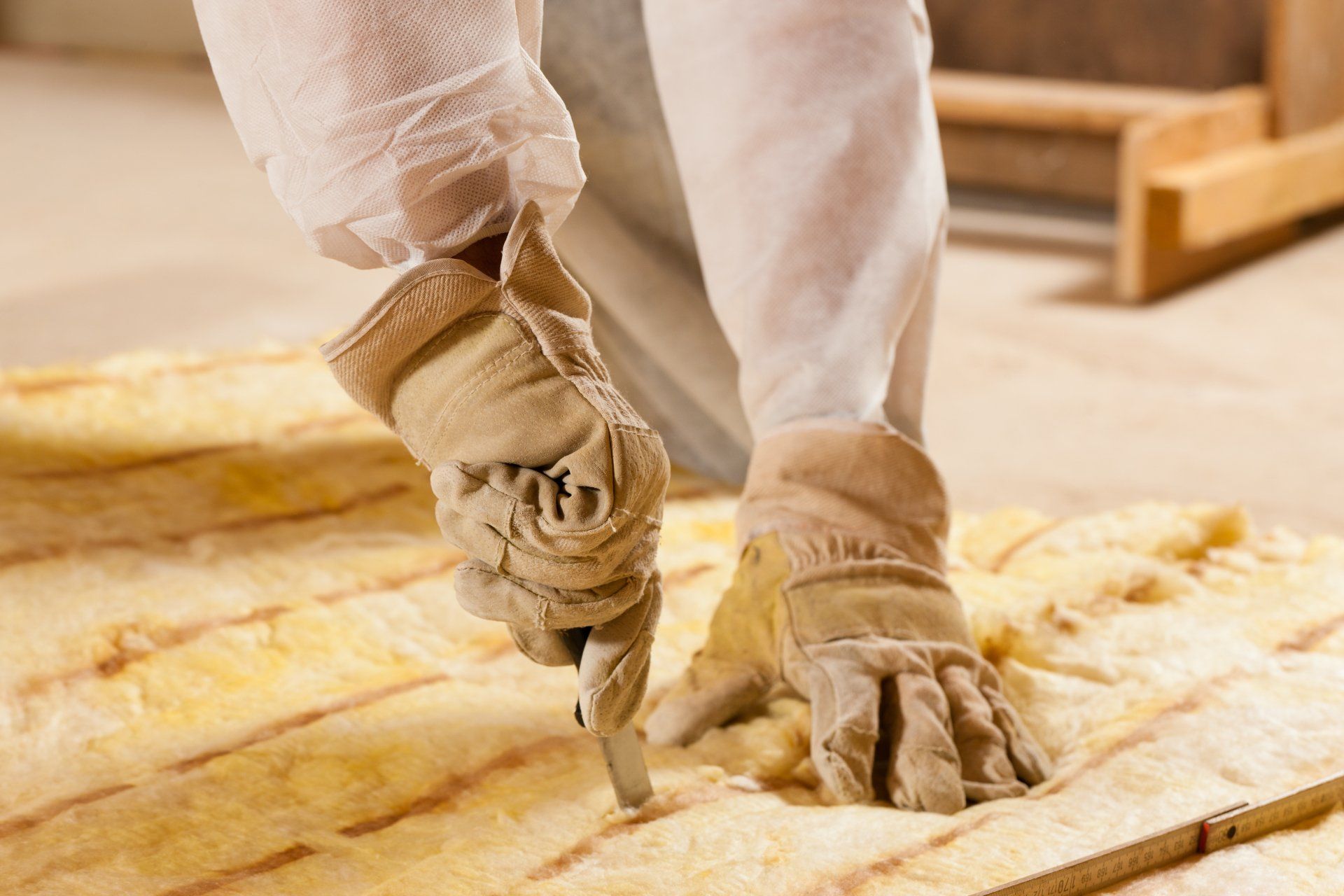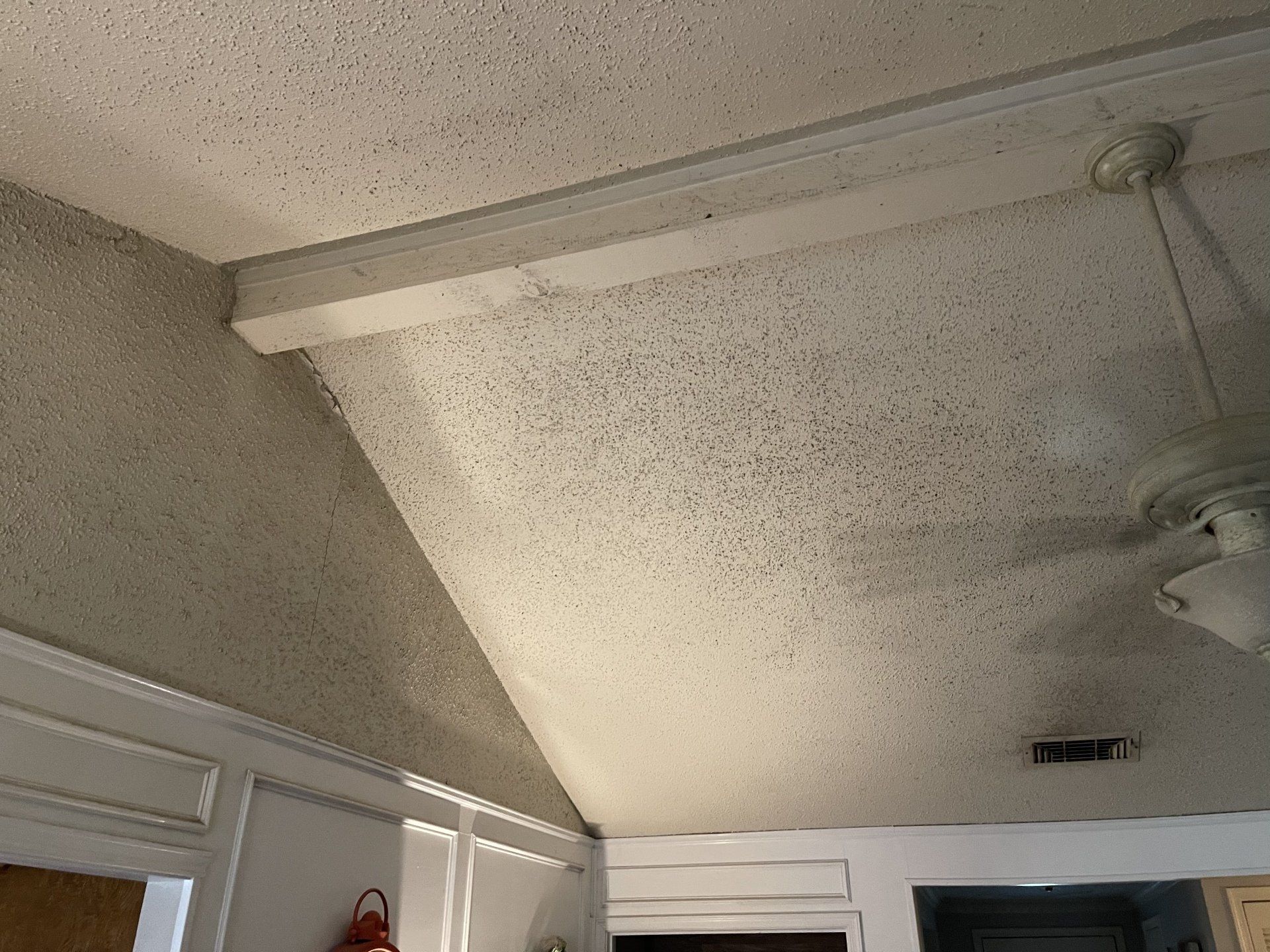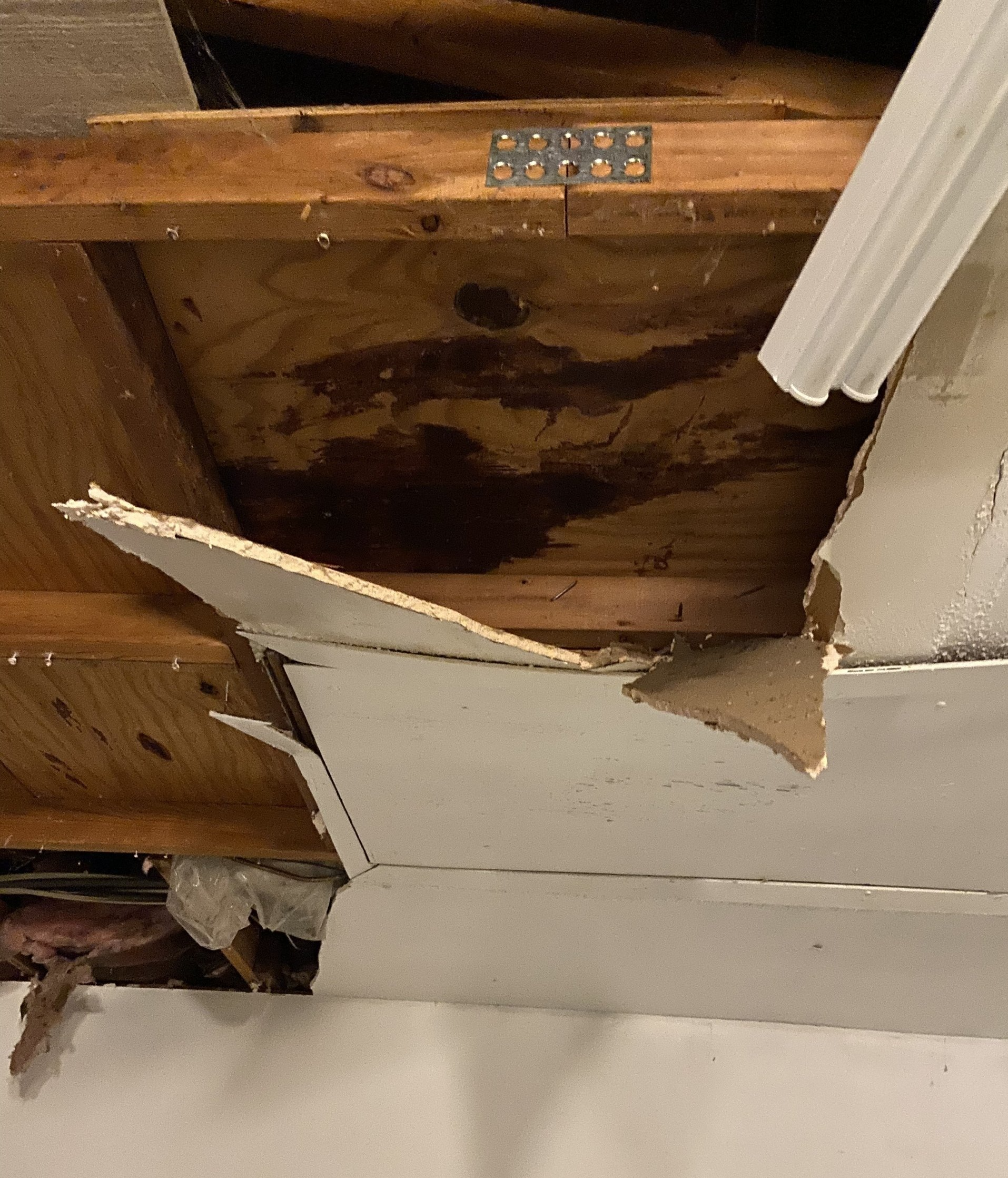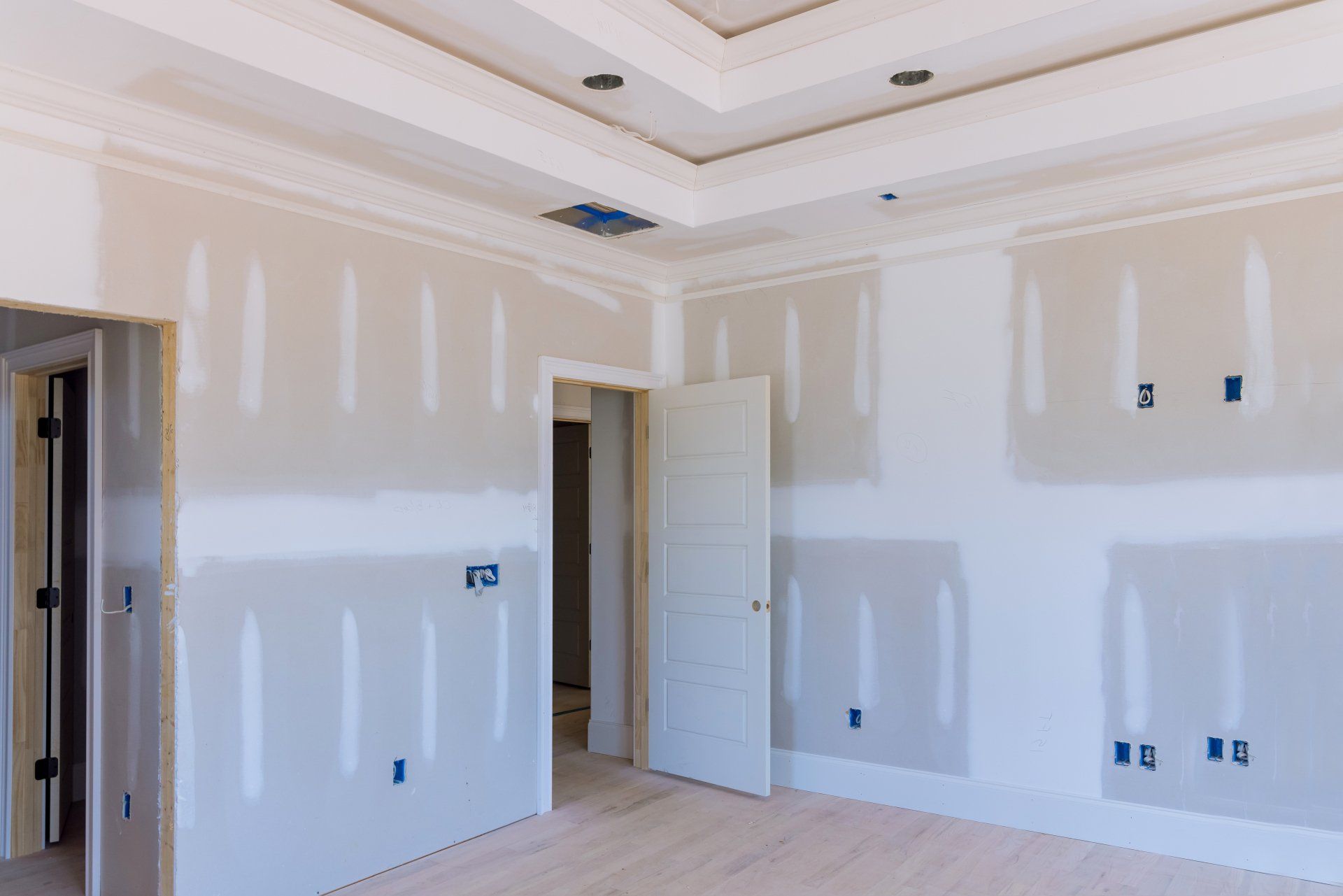The Role of Insulation and Drywall in Soundproofing Your Home
"Creating Serenity Within: A Comprehensive Guide to Soundproofing with Insulation and Drywall"
When it comes to creating a peaceful and serene living environment, soundproofing your home plays a pivotal role. Unwanted noise from outside or between rooms can disrupt your comfort and privacy. Fortunately, the combination of insulation and drywall offers an effective solution to mitigate sound transmission and create a quieter home. In this comprehensive guide, we will delve into the vital role that insulation and drywall play in soundproofing your space. We'll explore the installation process, associated costs, and how to find insulation and drywall contractors near you to achieve acoustic tranquility.

Understanding the Role of Insulation and Drywall
Insulation's Soundproofing Properties
Insulation, typically placed within wall and ceiling cavities, is a critical component of soundproofing. It works by absorbing and reducing sound waves that would otherwise pass through walls and ceilings. The density and thickness of insulation materials, such as fiberglass, mineral wool, or foam boards, contribute to their soundproofing capabilities.
Drywall as a Barrier
Drywall, also known as gypsum board or wallboard, serves as the primary surface for your walls and ceilings. While drywall alone doesn't have substantial soundproofing properties, it provides a solid barrier when combined with insulation. The thickness of drywall and its number of layers can affect its ability to block sound.
The Insulation and Drywall Installation Process
Selecting the Right Insulation
The first step in soundproofing your home is choosing the appropriate insulation material. Insulation options include fiberglass, cellulose, spray foam, and mineral wool. Each material has its unique sound-absorbing properties, thermal resistance (R-value), and installation methods.
Installing Insulation
The installation of insulation involves placing it within the wall and ceiling cavities. It's crucial to ensure that there are no gaps or voids where sound can penetrate. Insulation materials are typically secured in place with staples, adhesive, or friction fit.
Drywall Installation
After insulation is in place, drywall sheets are installed over the wall and ceiling studs. The drywall installation process includes securing the sheets, taping the seams, applying joint compound (mud) to create a smooth surface, and sanding for a flawless finish. The number of drywall layers can vary based on your soundproofing goals.
Sealing and Caulking
To enhance soundproofing, it's essential to seal any gaps, seams, or penetrations in the walls or ceilings. Special acoustic sealants and caulks can be used to prevent sound leakage.
Insulation and Drywall Installation Cost
The cost of soundproofing your home with insulation and drywall installation can vary depending on several factors:
Size of the Project:
The larger the area you need to soundproof, the higher the cost. This includes both the square footage and the number of rooms you wish to treat.
Insulation Material:
Different insulation materials have varying costs per square foot. Premium materials like spray foam tend to be more expensive than fiberglass or cellulose.
Drywall Type:
The choice of drywall, including its thickness and number of layers, will impact the overall cost.
Labor Costs:
Labor costs can vary by location and the complexity of the installation. Hiring professional insulation and drywall contractors will typically involve labor charges.
Additional Soundproofing Elements:
Depending on your specific needs, you may need to invest in additional soundproofing elements such as acoustic panels, soundproof doors, or soundproof windows.
To get an accurate estimate for your project, it's advisable to consult with insulation and drywall contractors in your area. They can assess your specific needs, provide cost estimates, and recommend the most suitable materials and techniques.
Finding Local Insulation and Drywall Contractors
Online Search:
Use search engines and online directories to find
Local insulation and drywall contractors. Include your location in the search query for more precise results.
Ask for Recommendations:
Seek recommendations from friends, family, or neighbors who have recently completed soundproofing projects. Their experiences and referrals can be valuable.
Check Reviews:
Read online reviews and testimonials from previous clients to gauge the quality of work and customer satisfaction.
Request Multiple Quotes: Contact multiple contractors and request detailed quotes for your project. Compare their pricing, expertise, and timelines before making a decision.
Verify Credentials:
Ensure that the contractors you consider are licensed, insured, and experienced in insulation and drywall installation.
Conclusion
Creating a quiet and peaceful home environment is essential for your comfort and well-being. Insulation and drywall work in tandem to soundproof your space effectively. Insulation absorbs sound waves, while drywall provides a solid barrier. The installation process involves selecting the right insulation material, securing it properly, and using appropriate drywall techniques.
While the cost of soundproofing your home with
insulation and drywall can vary, consulting with experienced insulation and drywall contractors is essential for an accurate estimate and a successful project. By investing in soundproofing measures, you can enjoy a serene living space free from the disruptions of external noise, creating a more tranquil and enjoyable home environment.



